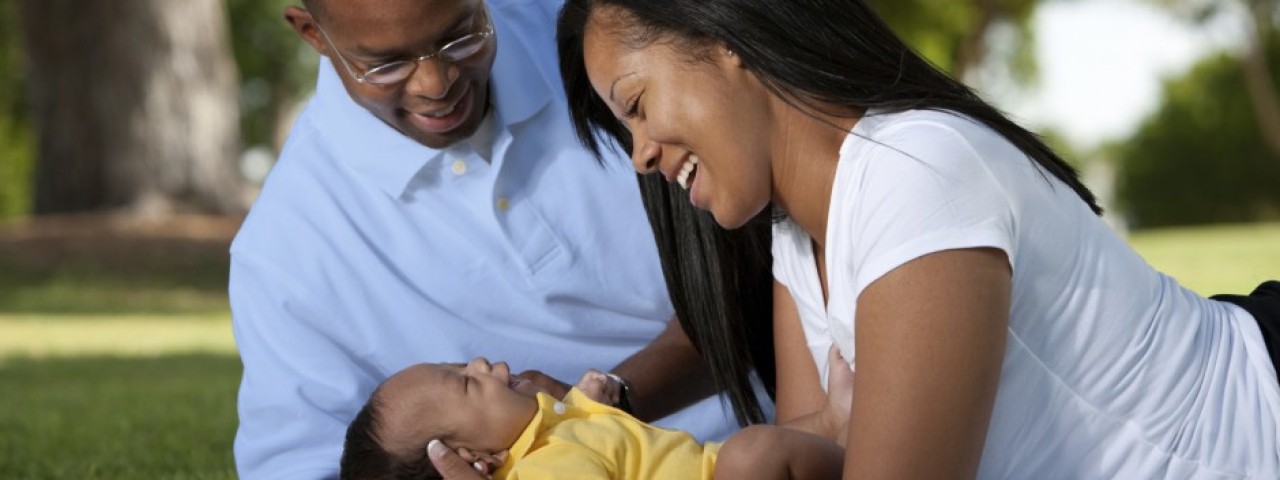Kindergarten Ready
- Tweet

As hard as it can be to believe, your baby’s brain is rapidly developing according to the environment around her. In fact, in the first year, your baby’s brain will double in size.
The baby announcements have been sent out. You’ve gotten the hang of that tricky car seat. And now all you can think about is... sleep.
While you may not be thinking any farther than that next nap, believe it or not, your baby’s brain is way ahead of you.
That’s right, amidst those cries, feedings, and photo-worthy coos, your baby’s brain is making vital, critical connections and developments that will determine how ready they are for their first day in kindergarten.
But don’t let this overwhelm you. Luckily for new parents everywhere, The Urban Child Institute team - a nonprofit organization dedicated to the well-being of young children in Memphis and Shelby County - has created a parenting guide all about kindergarten readiness and what it means for you right now and at every stage until that landmark.
Simple Activities Contribute to Kindergarten Readiness
Turns out, there are a number of simple practices and helpful tips that you can incorporate into your everyday time with your child to get your tot ready for kindergarten and everything that comes along with it.
The Institute reveals that simple things like comforting words, smiles, and touch help the baby’s brain learn how to express their thoughts, manage their feelings, and resolve conflicts.
As hard as it can be to believe, your baby’s brain is rapidly developing according to the environment around her. In fact, in the first year, your baby’s brain will double in size.
And without some of these seemingly basic parenting skills in place, babies’ brains may focus on strengthening connections associated with fear, protection and survival, and hinder these other important developments.
For example, there’s a list of basics that child development professionals and teachers have agreed upon as indicators of kindergarten readiness - things like being able to sit quietly for short periods of time, recognize upper and lowercase letters and the numbers 1-10, and solve problems without hitting, biting, or yelling. These are things that you can start showing your kids right now through your own behavior even before they’re able to emulate on their own.
Making Small Changes Will Return Big Results
Later in the guide, each age leading up to kindergarten gets broken down - from 0 to 3 - including things in and out of the home to do with your kids to help them become healthy and whole as well as a list of age-appropriate signs of healthy development with categorized areas to focus on like thinking skills, self control, and language and literacy. Of note for locals is the city guide that lists 10 things every Memphis kid should experience before kindergarten. From Shelby Farms to museum exhibits, to library events, this is a handy guide to getting your child some local, hands-on learning opportunities right here in our city.
The best part about these findings is that the ways to get involved are all very simple, small, and easy. Everything from using baby’s name, creating a routine, and cheering for her (first year) to asking questions about pictures in books and letting them choose their own outfit (second year) to using rhymes, sorting toys by size and weight, and delegating small tasks (third year). Helpful devices like this will ensure that they develop the skills and habits on that list of kindergarten readiness.
Finally, the guide concludes with a fantastic list of resources for literature, groups, and organizations on everything from potty training to health to childcare to postpartum.
Consider this your go-to for these first precious years and adopt some of these everyday things to ensure that the little baby in your arms grows into an active, healthy little girl or boy. And we promise, one of these days you’ll get some rest.
